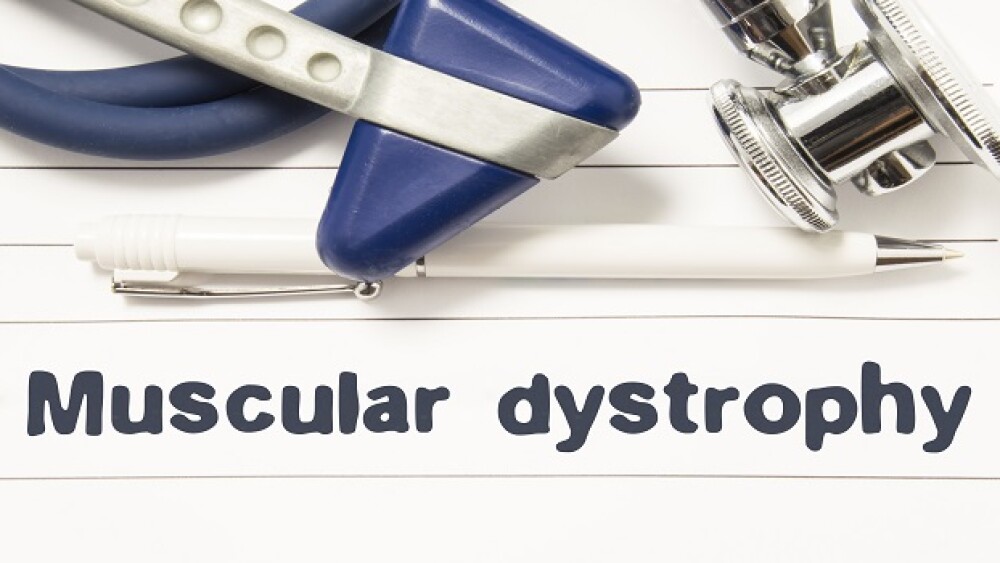Acceleron Pharma Inc. announced its experimental facioscapulohumeral muscular dystrophy (FSHD) treatment ACE-083 garnered the Fast Track designation from the U.S. Food and Drug Administration.
Acceleron Pharma Inc. announced its experimental facioscapulohumeral muscular dystrophy (FSHD) treatment ACE-083 garnered the Fast Track designation from the U.S. Food and Drug Administration.
Acceleron’s ACE-083 is a locally-acting “Myostatin+” muscle agent and is the company’s lead program in its neuromuscular franchise. The myostatin approach is used to inhibit multiple TGF-beta ligands. The experimental drug is designed to have a concentrated effect along targeted muscles to maximize growth and strength selectively in the muscles into which the drug is administered, according to company information. In other words, ACE-083 is designed to increase strength and function in specific target muscles to improve the quality of life in patients with neuromuscular issues. An additional benefit in the way ACE-083 is designed is that untreated muscles or other organs are not affected, which reduces the potential for systemic side effects, Acceleron said.
During the Phase I trial Cambridge, Mass.-based Acceleron said it witnessed “unprecedented increases in total muscle volume.” Those increases led the company to drive right into Phase II development. Preliminary Phase II results showed total volume increases of more than 12 percent in the tibialis anterior and biceps brachii muscle cohorts. The company anticipates additional data in the last part of 2018.
By snagging Fast Track designation the company is hoping the FDA will expedite the review of ACE-083 when it submits a New Drug Application.
Facioscapulohumeral muscular dystrophy is a rare genetic muscle disorder that affects approximately 20,000 people in the United States. There are currently no approved treatments for the disease. Patients diagnosed with the disease typically experience debilitating skeletal muscle weakness. The disease typically presents itself in the face and upper body then progresses to the lower body in what Acceleron called a “muscle by muscle” fashion. The disease is typically diagnosed by a characteristic pattern of muscle weakness and other clinical symptoms, as well as through genetic testing.
“FSHD is a serious and rare neuromuscular disorder for which there are currently no approved therapies available. With this designation, we will be able to expedite the FDA review process of ACE-083, and if successful, deliver the first locally-acting, ‘Myostatin+’ muscle agent as a meaningful treatment option for the thousands of patients impacted by FSHD,” Matthew Sherman, Acceleron’s chief medical officer said in a statement.
ACE-083 is currently being evaluated in two Phase II trials: one in FSHD and one in Charcot-Marie-Tooth (CMT) disease, a disorder that affects the peripheral nerves that control muscles. CMT is believed to affect about 2.8 million people globally. The disease is progressive and causes loss of sensation in the hands, feet, arms and legs. Acceleron believes its ACE-083 will improve muscle strength in these patients and may increase their quality of life.





